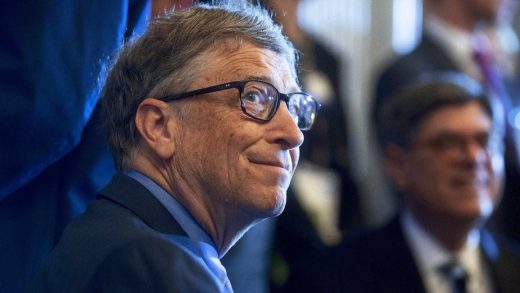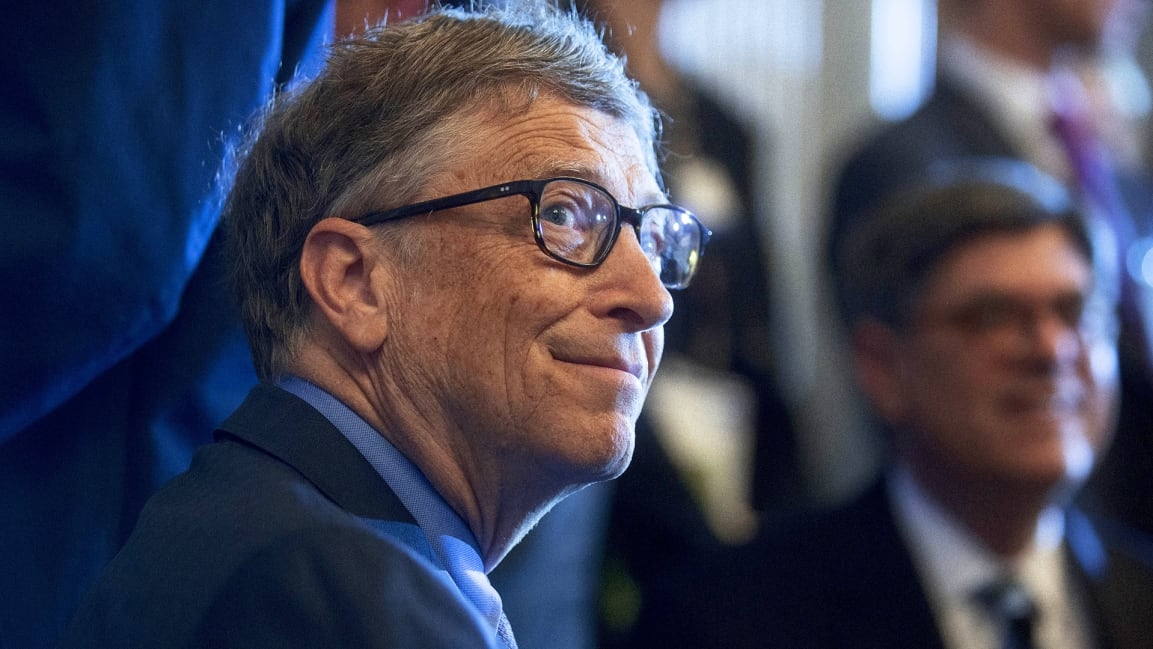Bill Gates offers Trump free lessons about foreign aid
The hardest part about stopping some of the world’s worst diseases isn’t developing things like the polio vaccine, HIV medicine, or anti-malaria gear like insecticide-treated bednets. It’s funding the difficult logistics of continuously delivering those innovations to the developing world.
As the world and especially the U.S. under President Trump becomes more isolationist, Bill Gates is sharing that lesson in a strongly worded Wall Street Journal editorial (titled “The Best Investment I’ve Ever Made“). Gates argues that it’s time for governments to spend more, not less, on world aid. And that the true cost of not doing so will spread easily preventable death and disease, as opposed to growing prosperity for countries that can then better lift themselves up to thrive.
“After 20 years of investing in health, though, one type of investment has surprised me–because, unlike investing in a new vaccine or technology, the success rate is very high. It’s what people in the global-health business call “financing and delivery.” Decades ago, these investments weren’t sure bets, but today, they almost always pay off in a big way.”
Gates, who co-chairs the Bill and Melinda Gates Foundation with his wife, Melinda, reportedly committed $10 billion over the last 20 years to help fund three such institutions: Gavi (the Vaccine Alliance), the Global Fund, and the Global Polio Eradication Initiative. That contribution, he writes, “only amounts to about one-tenth of what the wider world has put into them. The vast majority of their money doesn’t come from philanthropies; it comes from governments.”
That’s important to understand because these groups currently need replenishment.
“Without more funding over the next 18 months, all three of these institutions will have to dramatically scale back their efforts to fight disease and keep people healthy. This shouldn’t be allowed to happen. These organizations are not trivial or expendable. In fact, they are probably the best investments our foundation has ever made.”
Here’s the hard data: Since 2000, the mortality rate of children under 5 years old has dropped 40% in impoverished countries, worldwide deaths from AIDS have been reduced by half, and, after decades of battling, polio has nearly been eradicated. Many of these efforts involve preventative or recurring treatments, so discontinuing them derails progress. But based on an analysis from the Copenhagen Consensus Center, the $10 billion from Gates also returned about $200 billion in “social and economic benefits” to hard hit regions–far more than if the same cash had gone into the stock market, or toward energy or infrastructure projects.
As Gates puts it, “The years 2019 and 2020 are the most important in recent memory for funding the fight against disease, and the urgent question for donors is: Will you continue to invest? My answer is: Yes, absolutely.”
(27)



